BC Whales
Janie migrates along the British Columbian (BC) coast like the whales whose lives she’s been fascinated by since her childhood. Recording whale movement patterns from Fin Island Research Station in the Great Bear Rainforest in the summer, Janie moves southward to manage Orca Lab during the harsh winters. Her team aims to provide up-to-date information on cetaceans so that they can be better managed in the light of industrial development and growing human activity on the BC coast. From localising whale calls underwater to monitoring their behaviour from land and sea, Janie hopes for better protection for BC’s whales.
It was at the age of nine that I first heard a recording of a humpback whale singing. Instantly I was both captivated and extremely curious. This was my first emotional response to sound, and the inspiration that led to a life-long commitment to understanding the behaviour of whales. After I graduated, my dream was to work with like-minded people and build a marine research station, off grid, in an area where whales thrive and the presence and impact of people are minimal. Like the whales, I am constantly migrating from one region of British Columbia to the other, following...
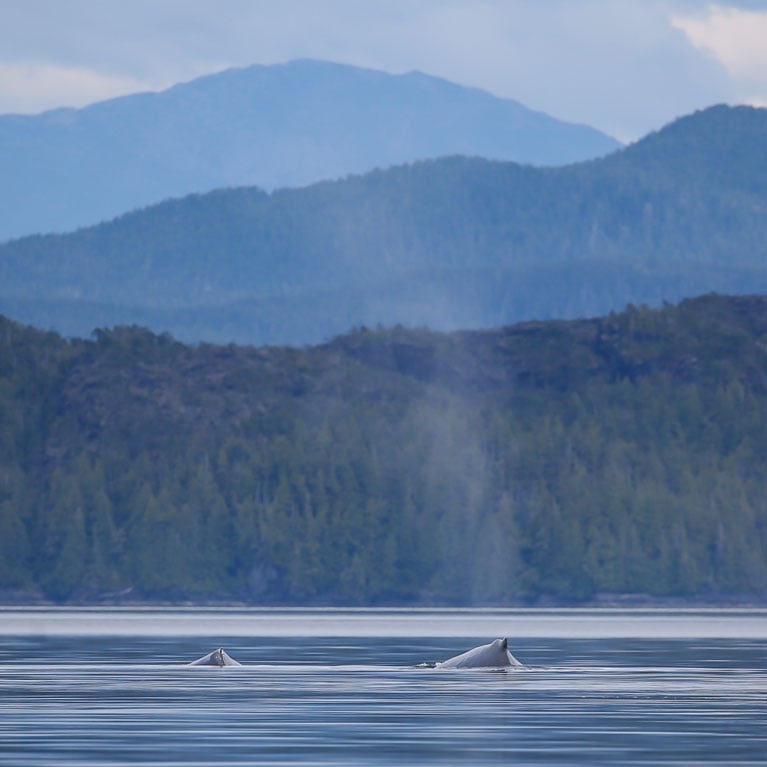
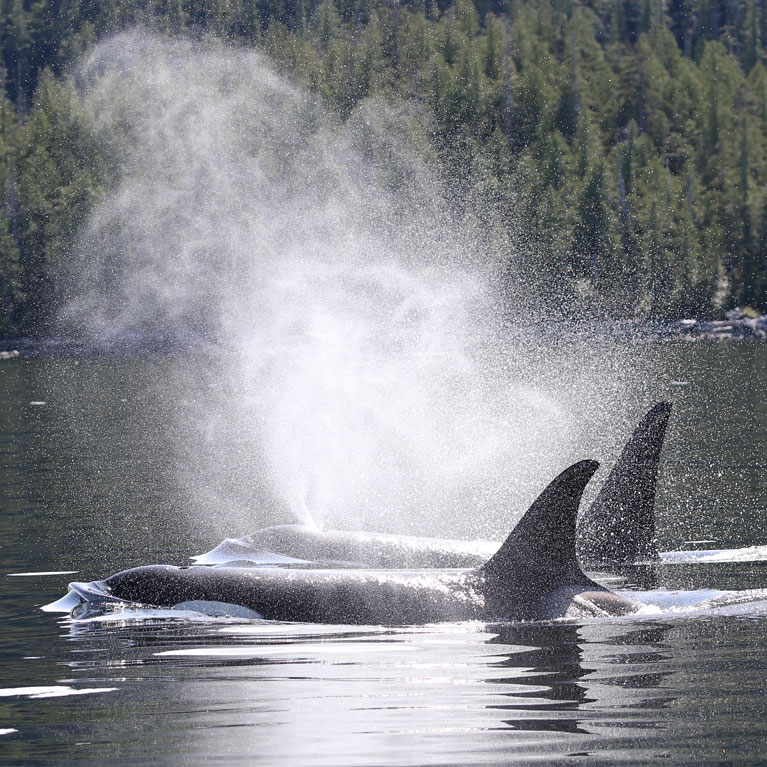
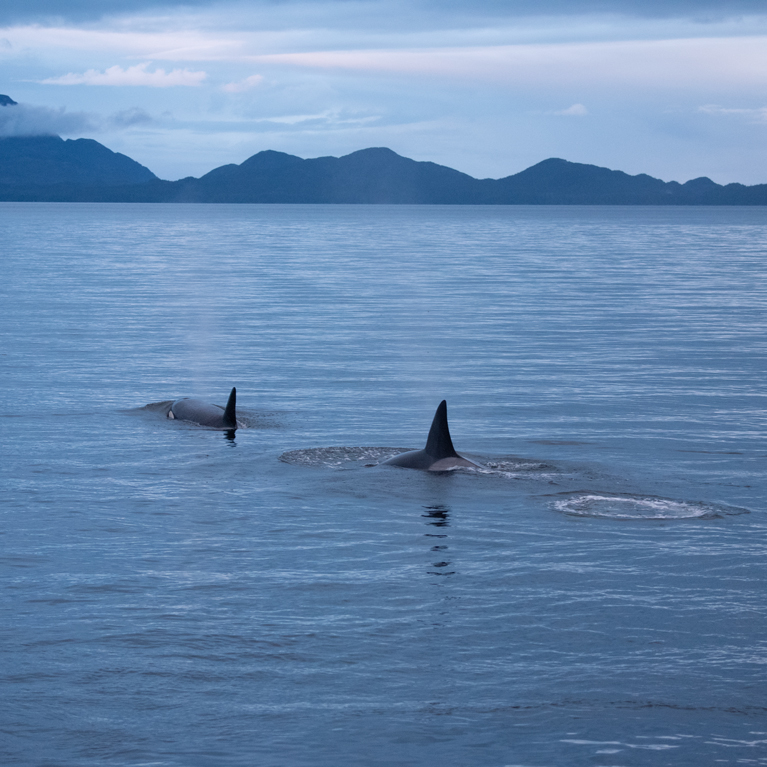
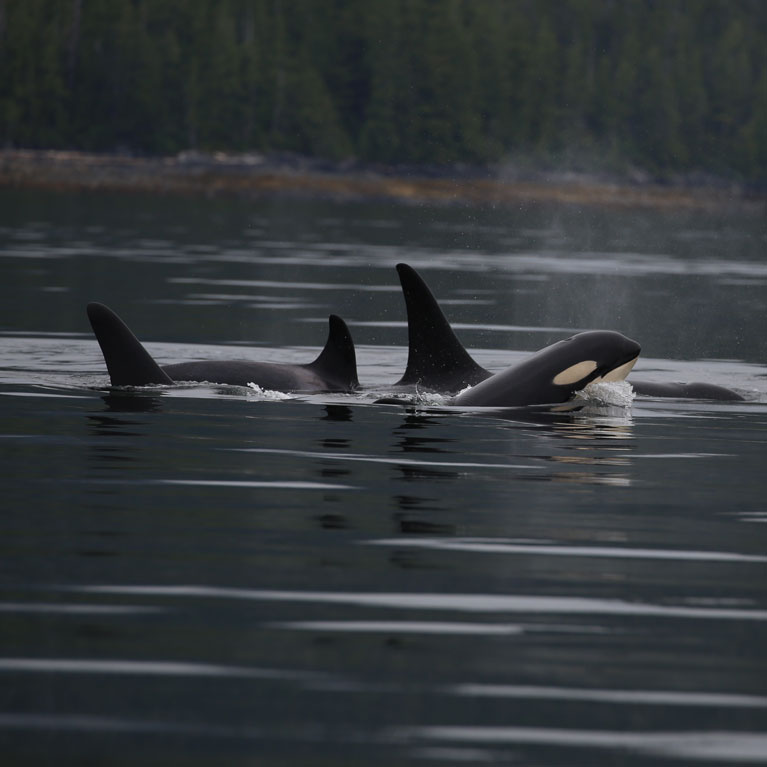
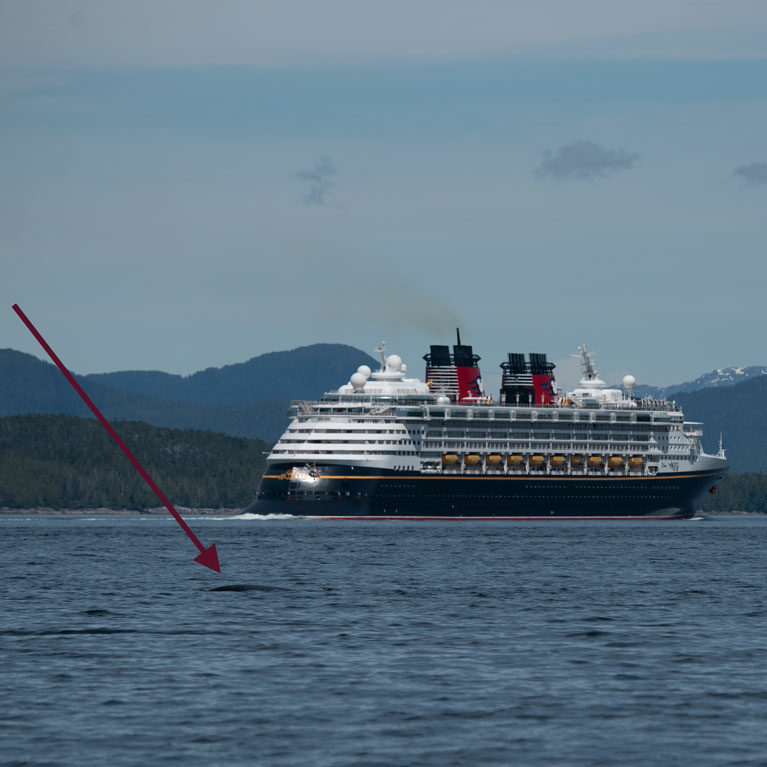
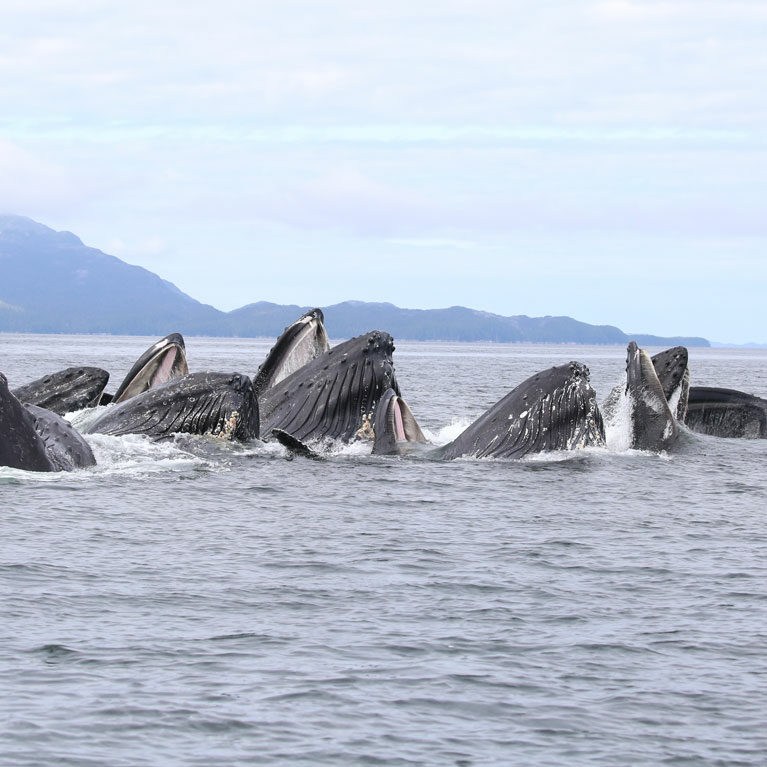
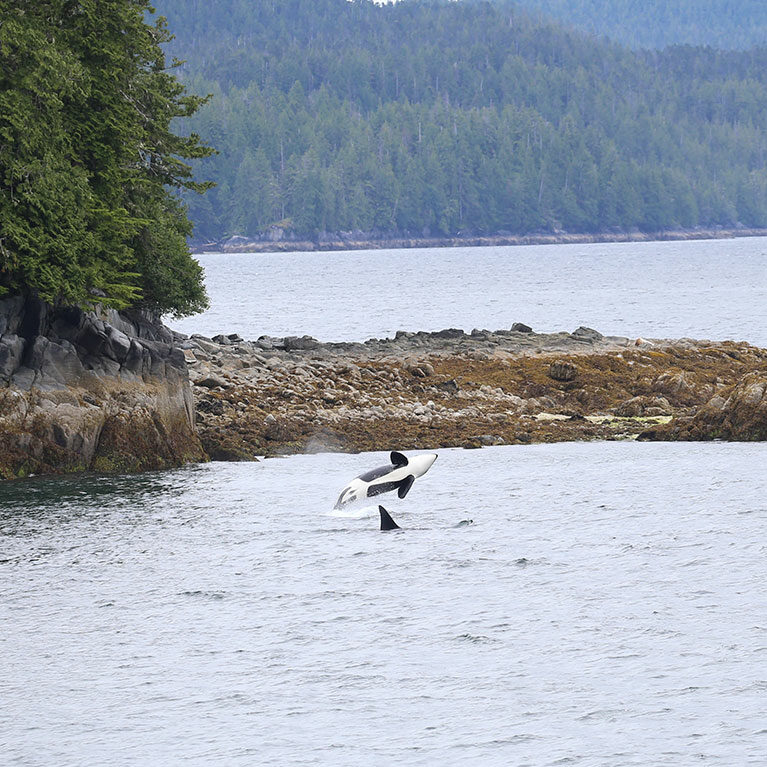
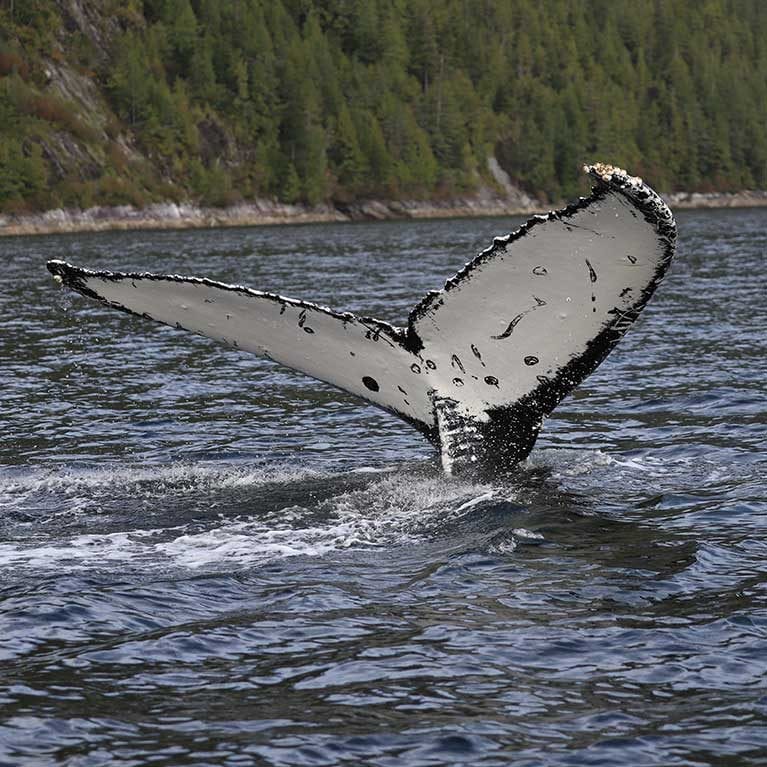
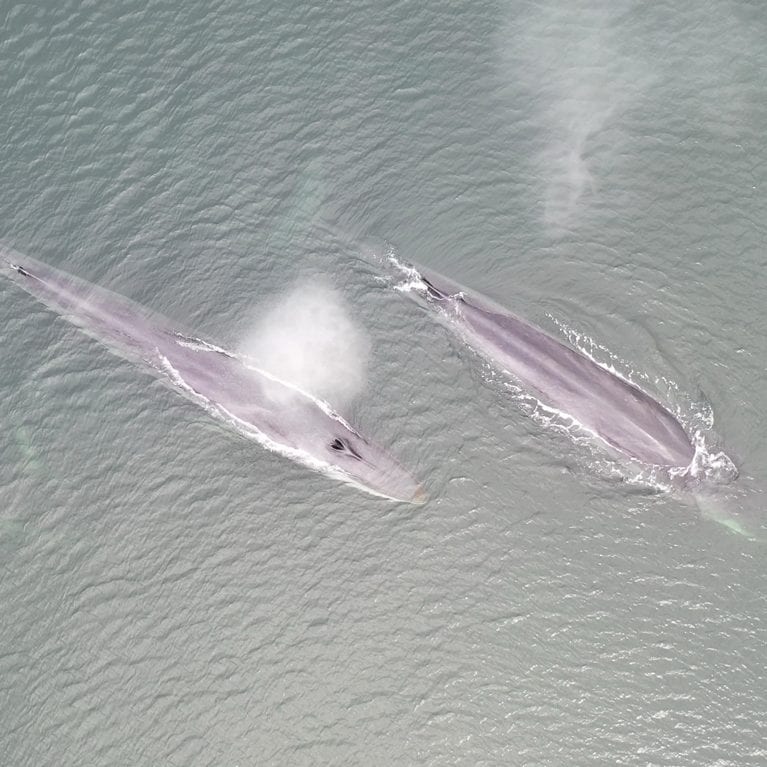
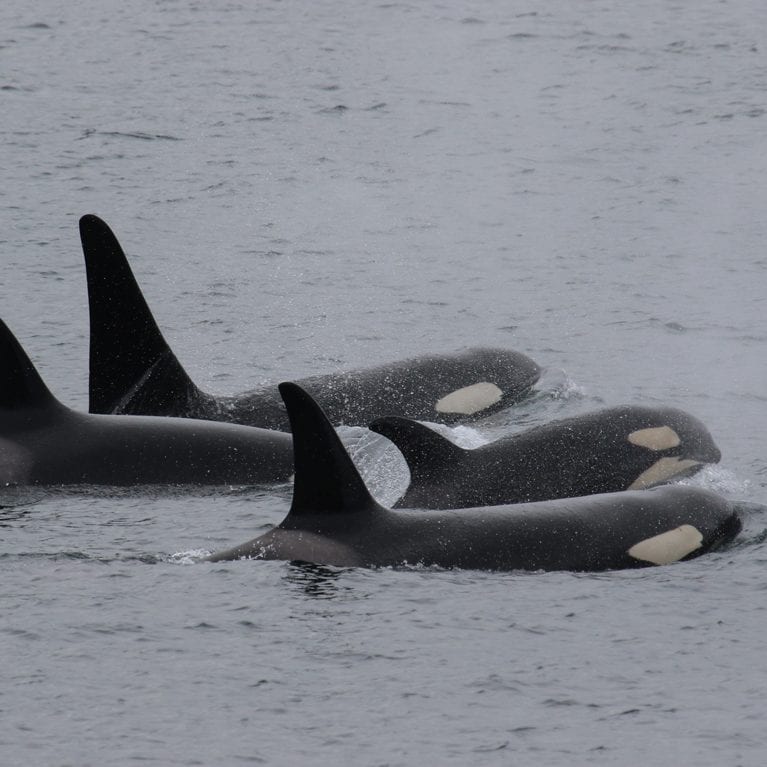
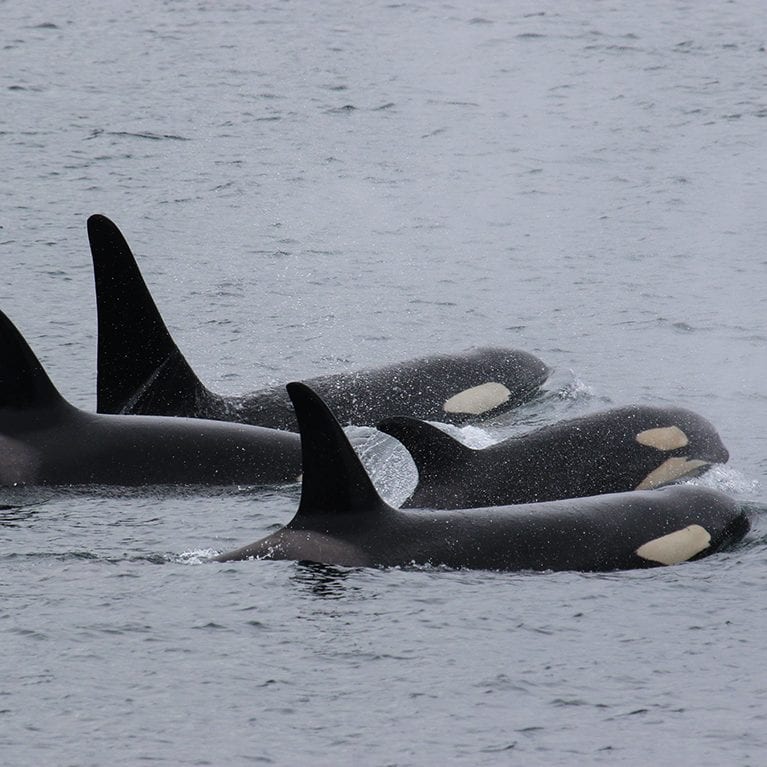
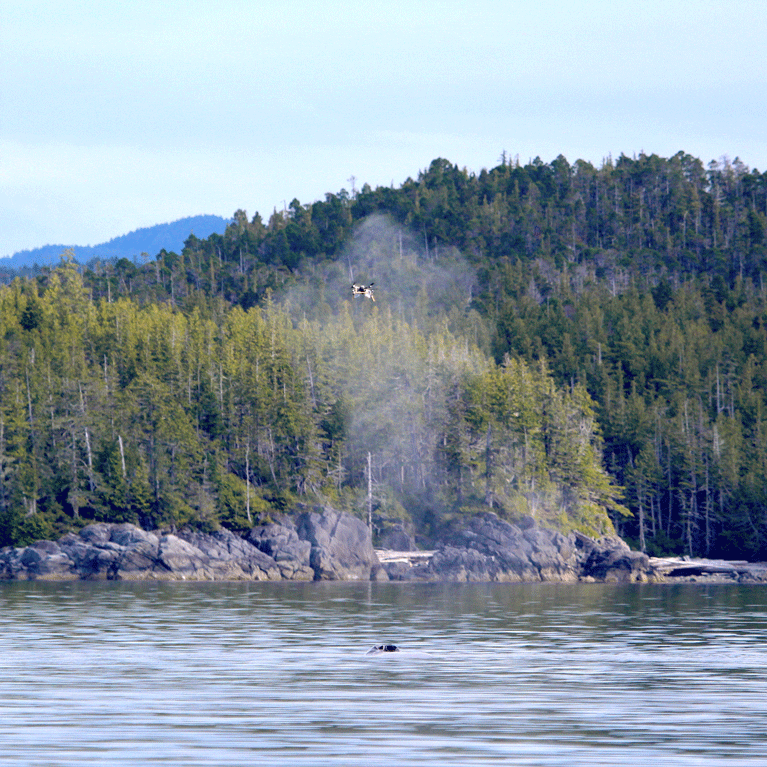
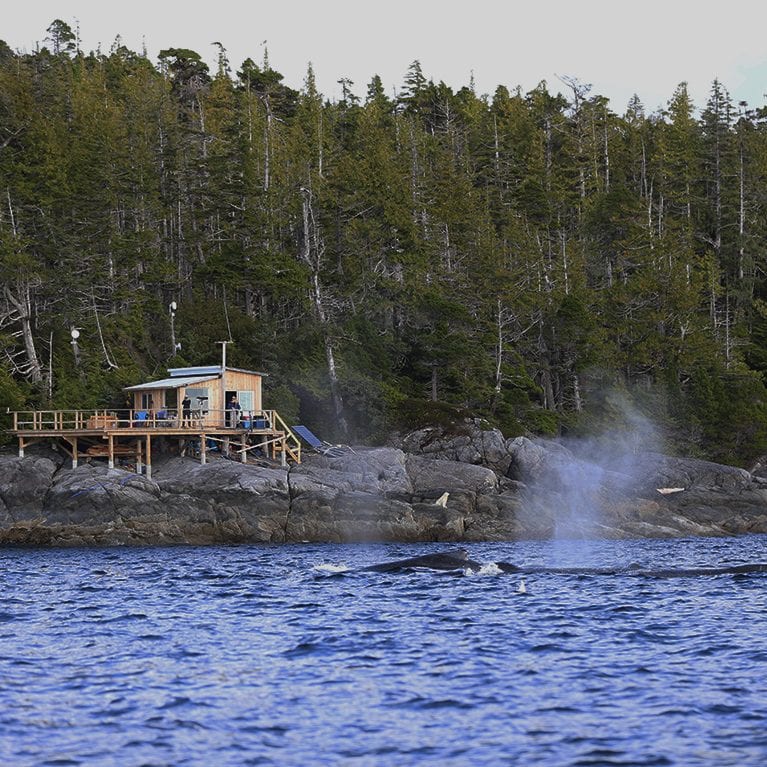
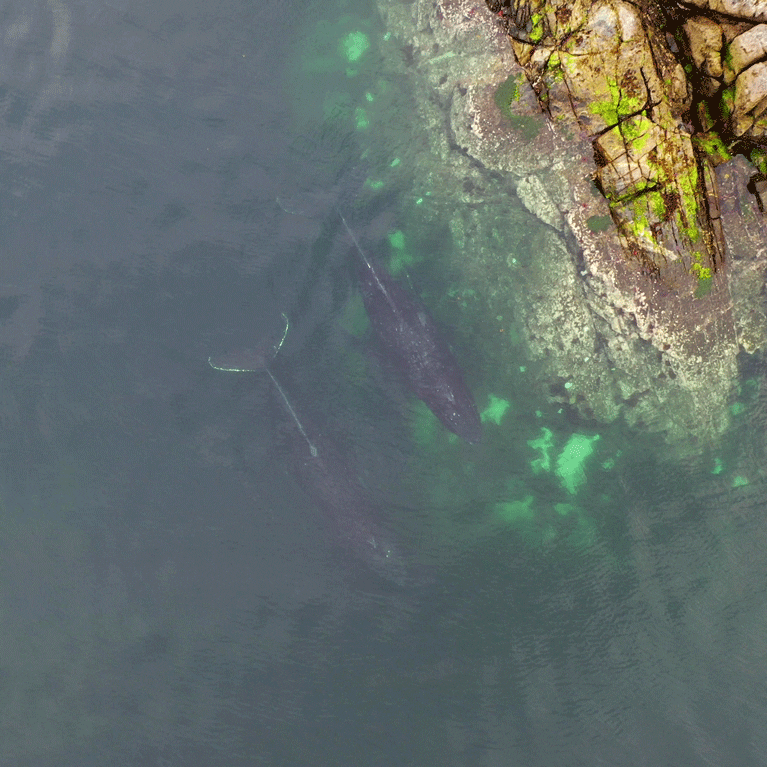
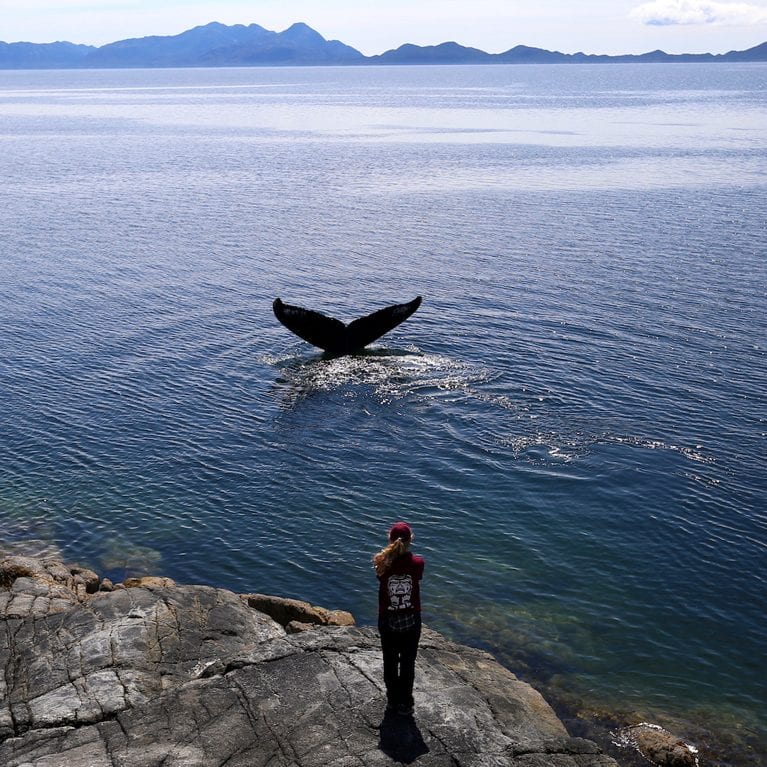
The overarching objective of our long-term scientific monitoring of recovering whale populations along the coast of British Columbia is to combine various novel scientific methods in order to expand our understanding of the cetacean populations that actively use these waters. By means of a powerful fusion between deep First Nation knowledge of coastal ecology and the work of local and international researchers, the BC Whales team is determined to develop a platform of partnerships to successfully protect marine habitat for whales.
As the human impact on our blue planet now reaches even the deepest oceans, this is the critical point in time when we must work tirelessly to protect the last remaining areas of thriving wilderness. The coastal waters of British Columbia harbour both threatened and recovering populations of orca, humpback and fin whales. The outcomes of this project increase the research community’s capacity to manage and protect cetaceans, as well as provide up-to-date information that can be applied to the management of numerous industrial development plans and other human ocean-based activities that place these species at risk.
The North Coast Cetacean Society (NCCS), a non-profit organisation, has been actively protecting cetaceans (whales, dolphins and porpoises) along the coast of northern British Columbia, Canada, since 2001. We have built two remote whale research stations and established a hydrophone (underwater microphone) network that enables us to monitor the submarine world of whales. In 2017 the NCCS established BC Whales, a team of individuals from diverse backgrounds who are dedicated to protecting whale populations by conducting extensive scientific research and merging it with local First Nation knowledge. We believe that partnerships are essential if we are to gain an understanding of the movement of whales, their social connections with one another and their relationship to their environment. Also essential is our hydrophone network, which enables us to learn more about the acoustic tradition of whales and the overlap in habitat use by different populations, as well as monitor the increasing levels of ambient noise, which could have detrimental consequences for these whales that rely heavily on sound to survive.
We have documented the dramatic return of humpback whales to the entire coast of British Columbia. This species was rarely, if ever, encountered along the coast after the late 1960s because it was extensively hunted. Now we see humpbacks on a daily basis during the field season (May–October) as they feed on krill and herring in these nutrient-rich waters. Thanks to this abundance we have been able to gain valuable insights into the social behaviour and habitat use of this robust cetacean.
The fin whale is the second largest mammal on the planet (trumped only by the blue whale) and it has also returned to these waters, with the first sighting for decades in 2006. Three distinct orca populations – resident, transient and offshore – live along the coast of British Columbia and each has a unique social structure and dialect. We document these carefully via the hydrophone network and visual surveys.
All three of these species are the subjects of our ongoing research projects, which are conducted acoustically, visually (from land and boat) and by drones. The drone project, which launched in May 2019, aims to give a bird’s-eye view of the whales’ social behaviour while also delving into both genetics and the use of 2D imagery to answer important ecological questions.
- Whale trails: we have developed a technique that enables us to localise the acoustic calls of whales so that we get a better understanding of their movement patterns and habitat use and the impact of ambient noise on the cetaceans.
- Land-based whale monitoring: surveys from three land-based platforms enable us to better understand cetacean abundance and behaviour in these three key locations and help us to identify critical habitat for humpback and fin whales.
- Boat-based whale surveys: marine surveys help us to determine habitat hotspots and the seasonal patterns of the cetaceans.
- Humpback whale catalogue: in partnership with First Nation communities and local researchers we are developing a catalogue of humpback whales throughout British Columbia by identifying individuals seen along the coast by their flukes (tails).
- Drone project: the use of drones enables us to identify the genetic origins of humpback whales and thus link the research area’s whales with the locations they migrate to for breeding; to monitor their feeding and their recovery from fasting in their breeding grounds; to determine patterns of relatedness between feeding groups of humpback whales; and to establish the incidence of pregnancy and post-partum recovery.
- Outreach and awareness: by increasing outreach and awareness of British Columbia’s whale populations we promote the protection of these gentle giants of the sea.

